Live events are still a strong way for B2B marketers to connect with people, create new leads, show themselves as experts and boost their business. Even so, putting together an event is not all there is to it. Maximizing your ROI requires you to plan carefully and use a strategy.
More than just arranging the event, marketers view B2B events as an important part of their marketing approach. They let you communicate with your audience, form connections and highlight your experience.
Know more About B2b Events
- The Influence of Brand Awareness on B2B Event Sponsorship Outcomes
- Best Upcoming Business Summits in India 2025
- What is B2B Marketing? Strategy Guide for 2024
Laying the Groundwork
A B2B event can only succeed if you begin by identifying its purpose clearly. What is your main goal? Do you intend to create a set number of qualified leads, focus on brand recognition within your industry, introduce something new, or boost your partnerships with leading customers? Firm objectives that are simple to measure will lead all future actions.
You must also pay close attention to who your ideal attendee is for your B2B events. Which people are you trying to influence? What problems do they deal with, what information do they require, and how would they like to connect? When you know your target audience well, you can tailor your content, event format, and experiences to meet their needs.
Choosing the Right Stage: Event Format Matters
Conferences are only a part of what needs to be done for successful B2B events. Today’s B2B marketers have access to a wide variety of event options. Evaluate whether you should organize a webinar, interactive workshop, executive roundtable, an event that combines online and offline parts, or a seminar for a particular industry. The way you communicate should fit perfectly with what you want to accomplish and what your audience prefers.
Importantly, offline B2B events have regained their charm in the post-COVID world, offering valuable opportunities for face-to-face connection and deeper engagement. In a landscape dominated by digital fatigue, in-person interactions at B2B events provide a refreshing change that fosters trust, authenticity, and meaningful relationships, elements that are increasingly difficult to cultivate through screens alone.
HT Media’s B2B events, such as HT India’s Most Stylish and and the Hindustan Times Leadership Summit (HTLS), play a pivotal role in facilitating these connections. These high-impact, well-curated B2B events bring together influential leaders, industry experts, policymakers, and brand stakeholders under one roof, enabling powerful conversations, experiential brand activations, and real-time feedback from target audiences.
Whether it’s a C-suite roundtable or a lifestyle and entertainment showcase, HT Media’s B2B events are designed to offer brands an immersive setting to tell their stories, launch new initiatives, and build long-term equity with a captive, high-value audience. This hybrid of prestige, reach, and authenticity makes HT Media B2B events a strategic lever for brands looking to go beyond impressions and drive real-world impact.
Crafting the Experience: Content and Engagement are Key
A successful offline B2B event should deliver real value through insightful sessions, hands-on workshops, and live product demonstrations—things only possible in person. Focus on meaningful content rather than promotion, and create opportunities for spontaneous networking, face-to-face discussions, and interactive group activities. Ensure registration and on-site experiences are smooth and memorable, making the most of the unique benefits of gathering together physically.
The Practicalities: Budget, Venue, and Technology
Although strategy and content are essential, we cannot forget about the practical parts. Dividing the budget wisely among the venue, marketing, speakers, and technology is crucial for achieving strong financial results. When selecting a venue for a physical or hybrid event, consider not only its location and accessibility but also its capacity, available facilities (such as breakout rooms, AV equipment, and catering options), and overall ambiance, as these factors directly influence attendee comfort and the perceived quality of the event.
Marketing should be allocated enough resources to ensure effective promotion, using a mix of digital campaigns, targeted outreach, and partnerships to maximize attendance and engagement. Investing in high-quality speakers adds value and credibility, but also requires careful negotiation and planning for travel and accommodation..
Technology now plays a vital role in both onsite and hybrid formats. Robust registration platforms streamline check-in and data collection, while event apps can provide schedules, networking tools, and real-time updates. For hybrid events, reliable streaming and interactive tools—such as live Q&A, polls, and chat—are essential to connect in-person and virtual audiences seamlessly. Prioritizing these practical aspects ensures a smooth, professional experience for all participants and supports the overall success of the event.
Driving Attendance and Making Connections
A successful B2B event relies heavily on strong attendance, making it essential to promote B2B events through multiple channels such as email campaigns, social media, content marketing, and your website to reach your target audience effectively. In addition to digital outreach, consider leveraging offline tactics like direct mail invitations, industry partnerships, and personal outreach to key contacts, which can be especially effective for in-person B2B events.
Once attendees arrive at your B2B events, focus on creating opportunities for meaningful, face-to-face interaction. Organize dedicated networking sessions, structured group icebreakers, and informal social gatherings like coffee breaks or evening receptions to foster connections. Make use of event materials, such as printed agendas and name badges, to facilitate introductions. While event apps can enhance the experience by providing schedules and attendee directories, prioritize activities that encourage spontaneous conversations and relationship-building unique to physical B2B events.
Beyond the Event Day: Follow-Up and Measurement
The impact of B2B events continues long after the final session ends. Following up with participants right after the event is essential for nurturing leads and maintaining the relationships you’ve built. This can include sending personalized thank-you notes, sharing presentation handouts or printed materials, and providing access to event recordings and other useful resources to keep the conversation alive.
To further engage your audience from your B2B events, consider organizing exclusive post-event gatherings, such as small group discussions or workshops, where attendees can deepen their connections and continue exchanging ideas. Distributing post-event surveys is also valuable for collecting feedback on what worked well and what could be improved. Sharing photo galleries or highlight reels from the B2B event helps attendees relive the experience and can encourage them to share their positive impressions with others.
Evaluating the success of your B2B events is crucial for demonstrating their value and planning future improvements. Track important metrics such as the number of qualified leads generated, follow-up meeting requests, attendee satisfaction scores, increases in website traffic, and social media activity related to the B2B event. Gathering testimonials and case studies from participants can further showcase the B2B event’s impact. By analyzing this data, you gain valuable insights that help you refine your strategy, improve future B2B events, and clearly demonstrate the event’s return on investment to stakeholders.
Integrating Events into Your Marketing Ecosystem with HT Media
B2B events work best when they are part of your overall marketing plan, not just one-off activities. By working with HT Media and joining major events like the HT Leadership Summit or HT Most Stylish events, marketers can reach the right audience and be part of important industry conversations.
After the event, marketers can use HT Brand Studio to keep the momentum going. For example, you can turn speeches or panel discussions into branded articles, follow up with leads collected at the event using targeted campaigns on Hindustan Times, and make sure your brand’s message stays consistent across print, digital, and social media.
By combining live events, branded content, and broad audience reach, marketers can do more than just sponsor an event—they can create memorable experiences that build brand authority and deliver real business results.
Frequently Asked Questions
Why are B2B events important for marketers today?
B2B events help marketers connect directly with their target audience, generate qualified leads, build brand authority, and form lasting relationships, all essential for long-term business success.
What types of B2B events are most effective?
The most effective event type depends on your goals and audience. Options include webinars, roundtables, industry seminars, interactive workshops, and hybrid or in-person conferences.
How do I set clear goals for my B2B event?
Start by identifying whether you want to generate leads, increase brand awareness, launch a product, or strengthen client relationships. Your goals should be specific, measurable, and aligned with your broader marketing strategy.
How can I ensure good attendance for my event?
Use a mix of digital marketing (emails, social media, content marketing) and offline efforts (direct mail, partner outreach, personal invites) to promote the event and engage your target audience.
What makes HT Media’s events unique for B2B marketers?
What makes HT Media’s events unique for B2B marketers?
Ready to take your brand to the next level? Connect with us today to explore how HT Media can amplify your presence across our diverse portfolio of 25+ brands and properties. Let's turn your brand vision into reality!

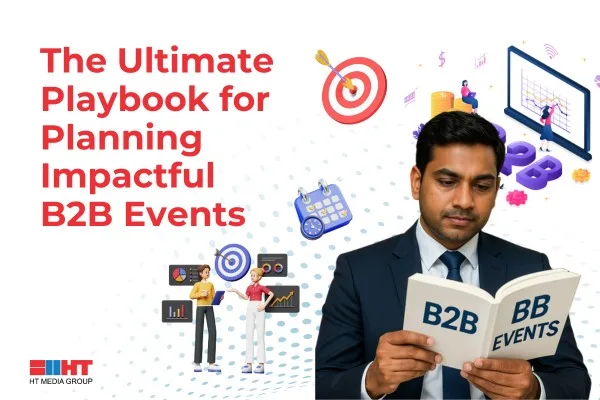

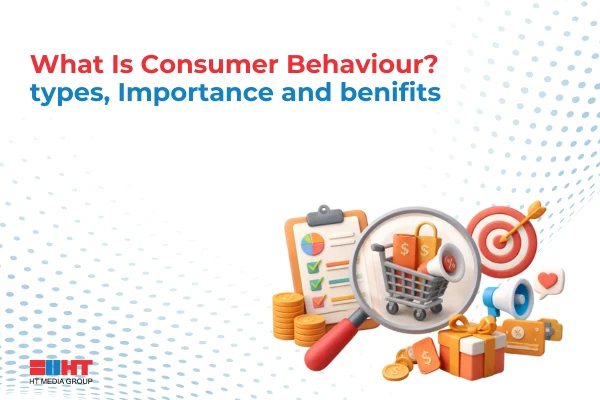
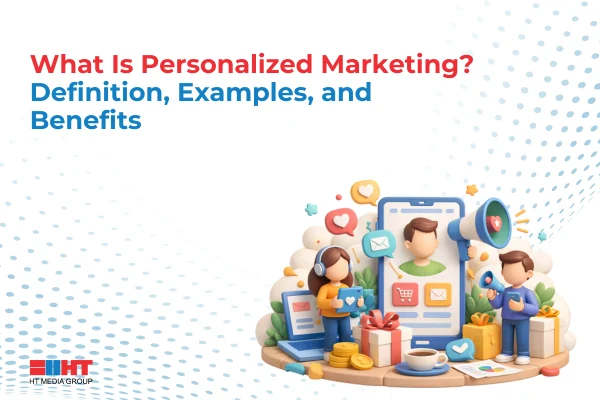
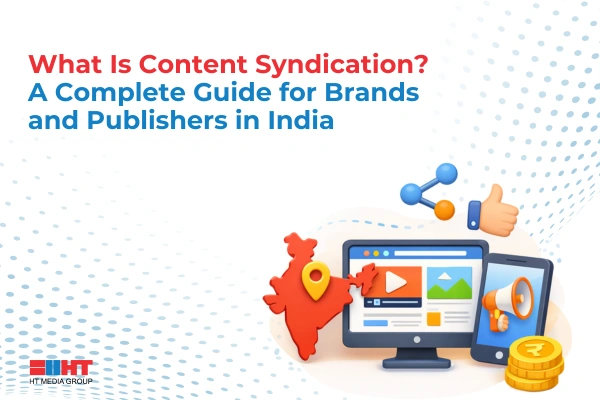
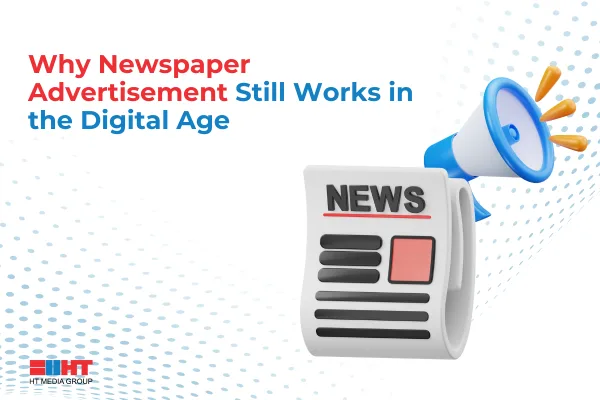
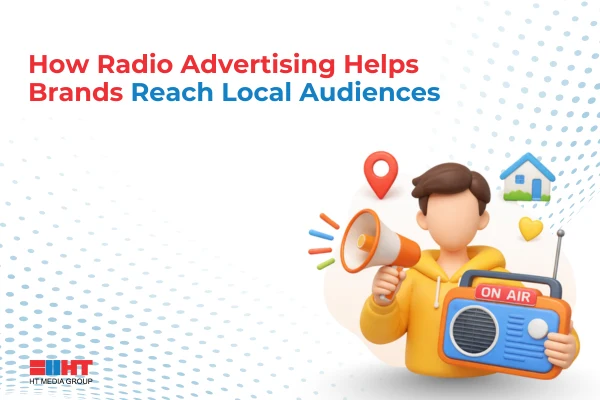
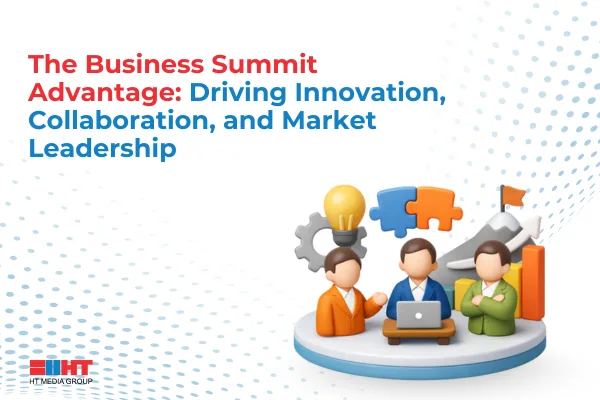
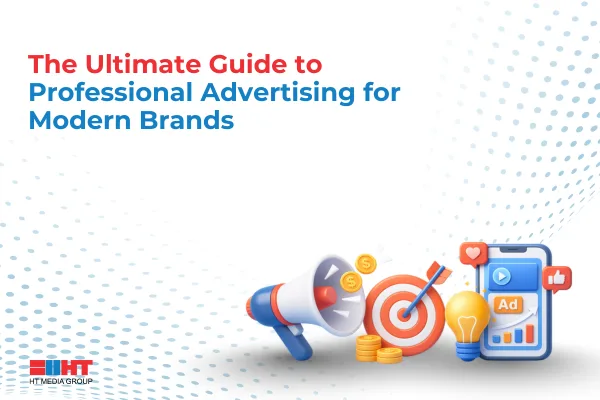
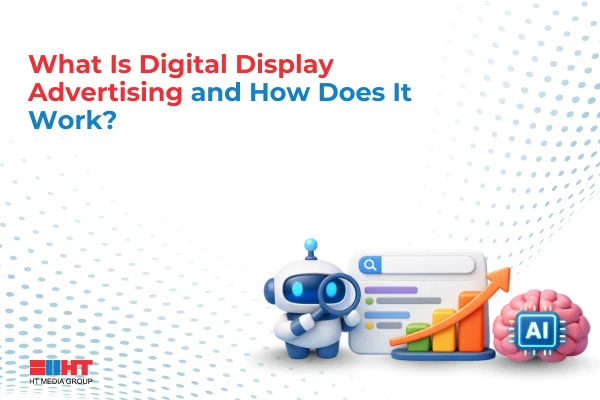
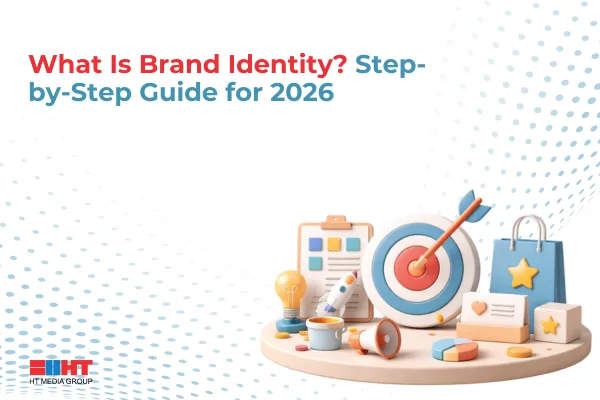
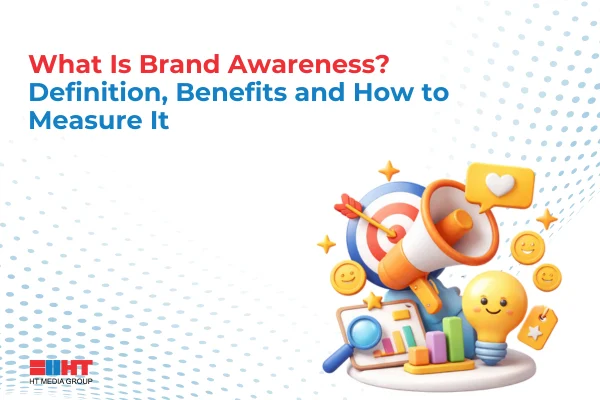
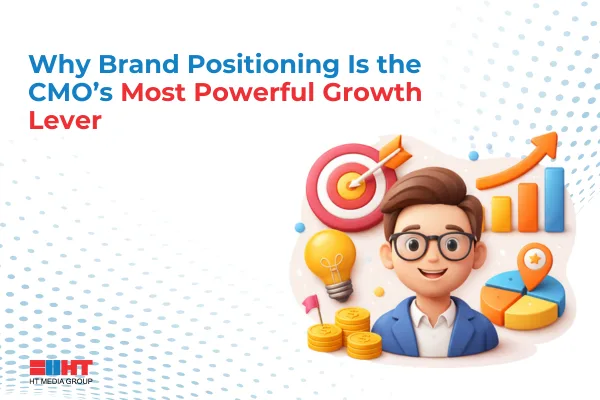
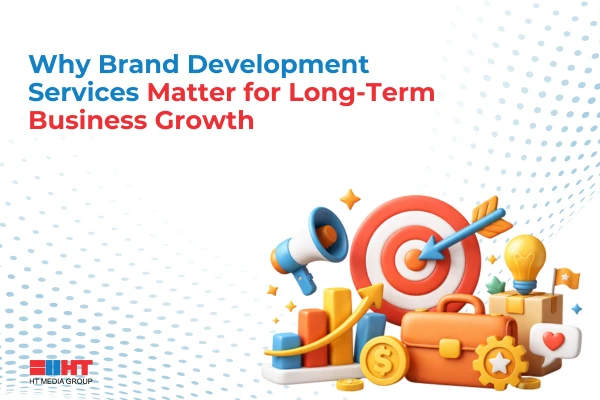
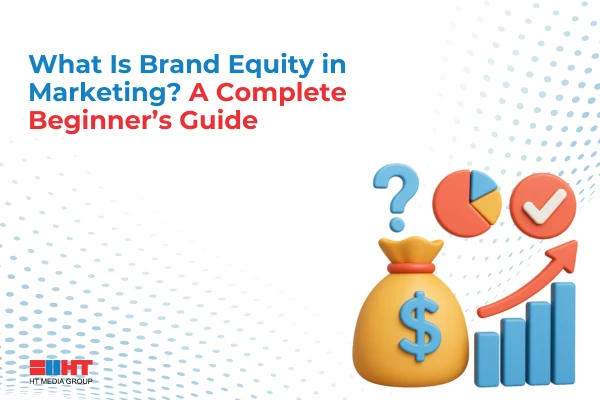
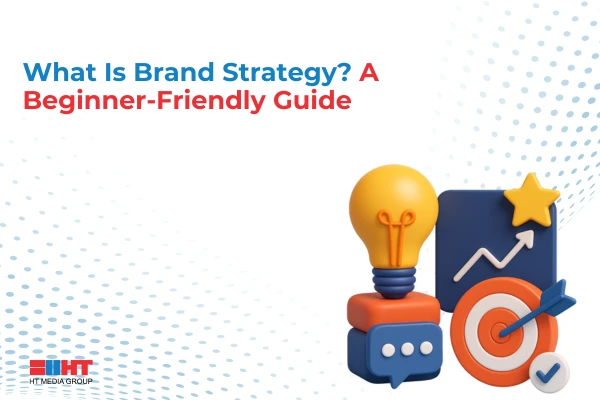
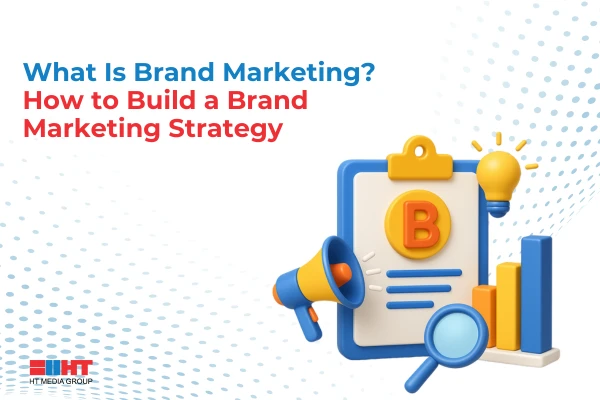
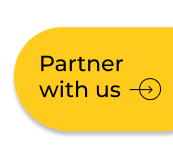
Comment